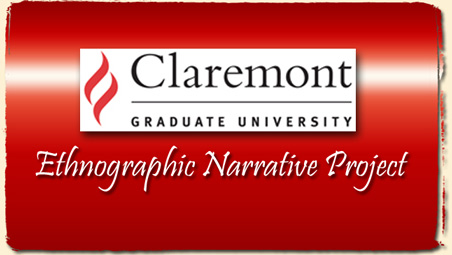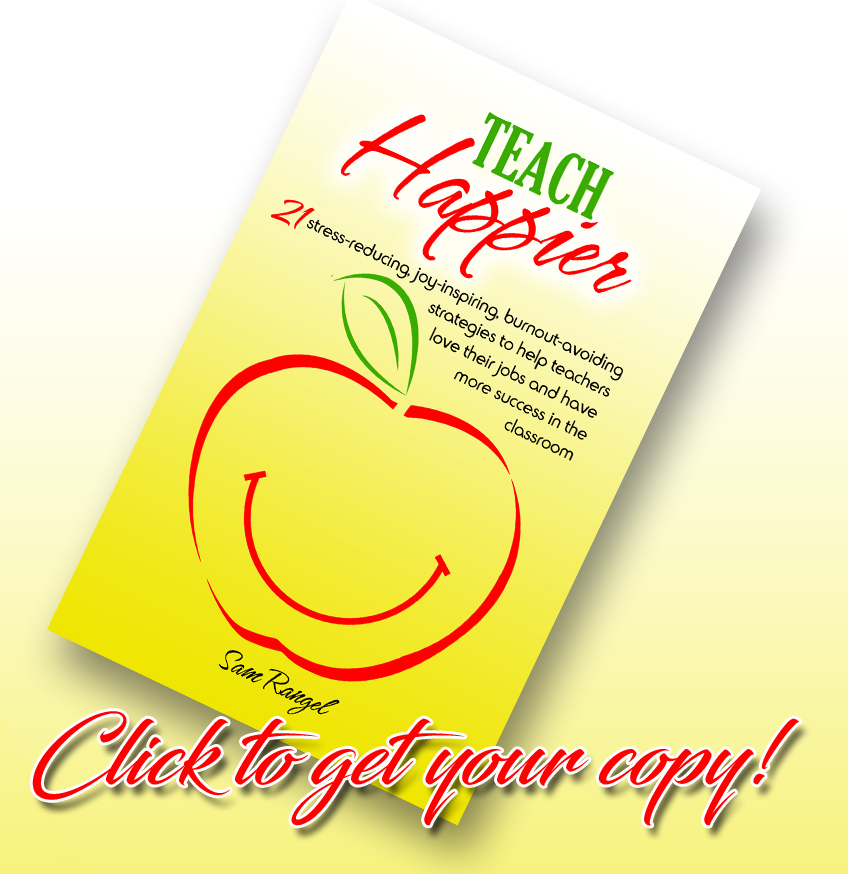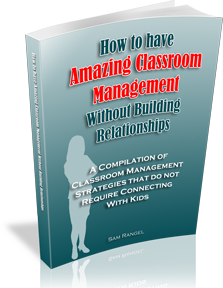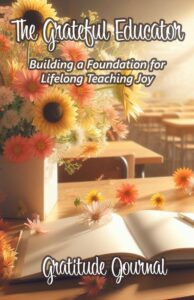
Hello again,
I wanted to share something that learned about recently called Ethnography. While at a conference for Master teachers at my Alma Mater, Claremont Graduate University, I learned that part of what each student in the Teacher Education program has to complete is called an Ethnographic Narrative Project. I found it very interesting, so I thought it would make a good blog post.
I know that when I graduated from CGU over 20 years ago, this was not a requirement. As the project was explained to me, however, I thought, “What a great idea!”
I’ll try and explain what this project is in the following few posts. I believe that every teacher program should include something like this.
The project is has five different parts, and was developed by Lisa Loop, Dr. DeLacy Derin Ganley, and Dr. Anita P. Quintanar back in 2005.
The five parts of the CGU Ethnography Narrative Project are:
Part A: Who am I and why do I want to be a Teacher?
Part B: Who are my Students?
Part C: What is Happening at My School Site?
Part D: What is Happening in My School’s (micro) Community?
Part E: Analysis of Teacher Effectiveness – How Successful have I been in Cultivating Academic Success in My Students?
In this post, I want to discuss the first part.
Part A: Who am I and why do I want to be a teacher?
Here the student teacher explores two questions:
1) What has been my own (and my family’s) attitudes toward and experiences in school? and
2) Why do I want to be an educator?
In this first part, student teachers document their reasons for wanting to become a teacher.
I think this is so important.
I remember meeting a student teacher (not from CGU) who was eating lunch with us a few years ago, and he was telling us how he started taking classes to become a teacher, mainly because he wanted a career change.
He had been a loan broker for years, and teaching, according to him, was going to be an “easier” job.
He learned quickly that teaching wasn’t as “easy” as he had imagined, and not surprisingly, he was terrible in the classroom.
It was bad.
He ended up failing the student teaching portion of his coursework. I wonder what he’s doing now. I hope he’s not teaching – at least with the attitude that had when I met him. I would feel bad for the kids.
The reason he was not successful, I believe, is because he wanted to be a teacher, but for the wrong reasons. He didn’t have what I call, that inspiring moment that called him into the teaching field.
I think every great teacher has that moment when they know they were destined to be a teacher.
I talked about my moment in a previous post – here.
Teaching is not a career where you are going to get rich or famous or live a rock star lifestyle. It’s work. It’s sacrifice. It’s hours of grading and lesson planning and taking work home and parent meetings and back-to-school nights and student drama and school politics that you’re not going to get paid nearly enough for. This is why so many teachers leave the profession after a few years.
And that is why this first part of the Ethnographic Narrative Project is such an essential part of any new teacher’s journey. It forces the candidate to consider that big question: Why do I want to become a teacher?
Most teachers I know could go on for pages writing about what inspired them to take on the challenge of educating children. Most veteran teachers have that inspiring moment. They put up with all that stuff I talked about earlier, because although teaching is all that, it’s also a career filled with laughs and high fives and breakthroughs and appreciative parents and weekends off and nice vacations and students who come back after graduating to thank you for changing their lives.
The rewards far outweigh the costs.
If, however, a teacher candidate cannot articulate why he/she wants to become a teacher, then perhaps it’s time to consider entering another profession.
This first part of the project is such a key component to any teacher education program. I’m sure it provides CGU with some insight to the possible success or failure of a teacher candidate. I was told that some of these papers are very inspiring. I’d like to read some of them.
There are four other parts this project. I’ll be talking about each of them in the next few posts, so stay tuned.
Do you have a post where you discuss your reasons for becoming a teacher, perhaps that inspiring moment? Email me the link or place it in a comment, and I’ll post it on SITC.
Talk to you soon,
Thanks,
Sam



